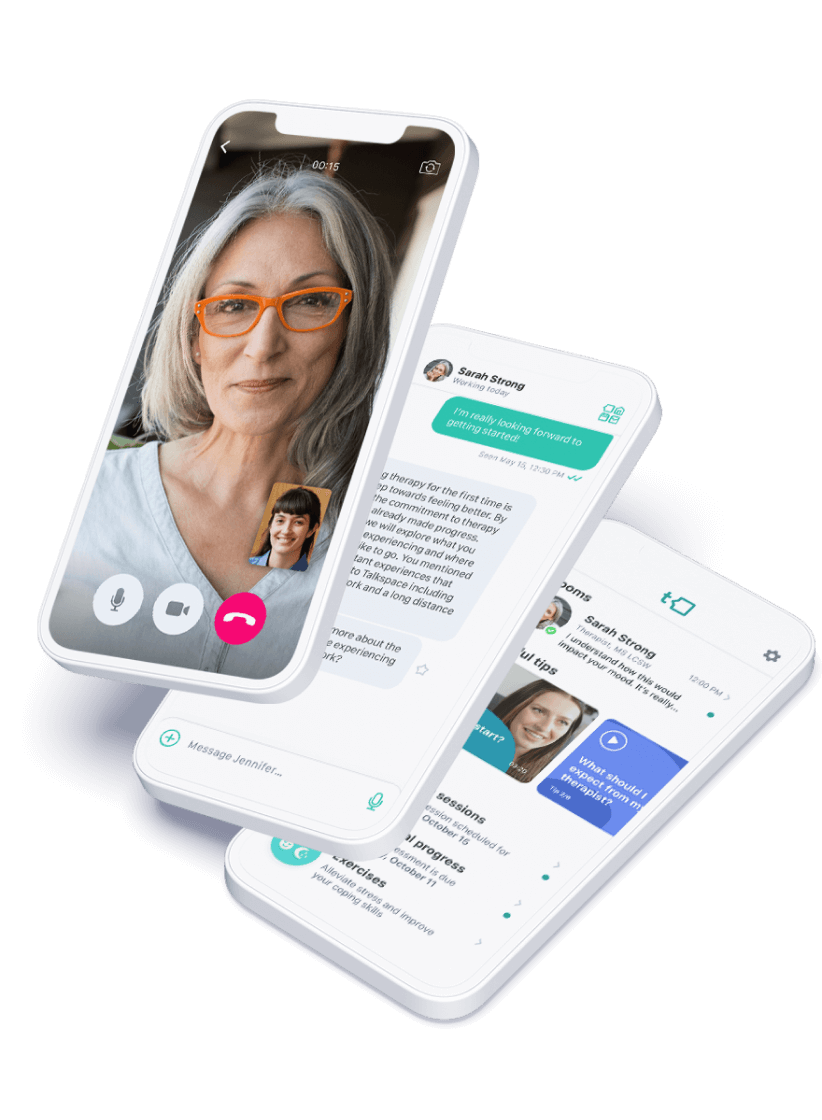While rejection sensitive dysphoria can impact anyone, research suggests some groups are much more susceptible to those feelings. Often, people who have attention deficit hyperactivity disorder (ADHD) are very sensitive to what other people think or say about them, with up to 99% of teens and adults with ADHD reporting they are more sensitive to rejection.
ADHD involves the nervous system overreacting to stimuli from the outside world. Thus almost any type of perceived rejection can trigger a stress response and cause extreme emotional reactions. In fact, researchers estimate by age 12, children with ADHD get 20,000 more negative messages about themselves than other children their age, chipping away at their self-esteem. The criticism or rejection can be imagined, but it is often based on real feedback because of their condition.
Although rejection sensitive dysphoria is linked to ADHD and some other mental health conditions, anyone can experience extreme emotional sensitivity at being criticized or rejected. Over time, symptoms will get worse if they are not treated, making it essential to start the conversation with a mental health professional if intense or overwhelming emotional reactions do occur when you experience rejection.
If you’re looking for immediate help with your rejection sensitive dysphoria, consider speaking with an online therapist — a convenient way to start feeling better fast.


